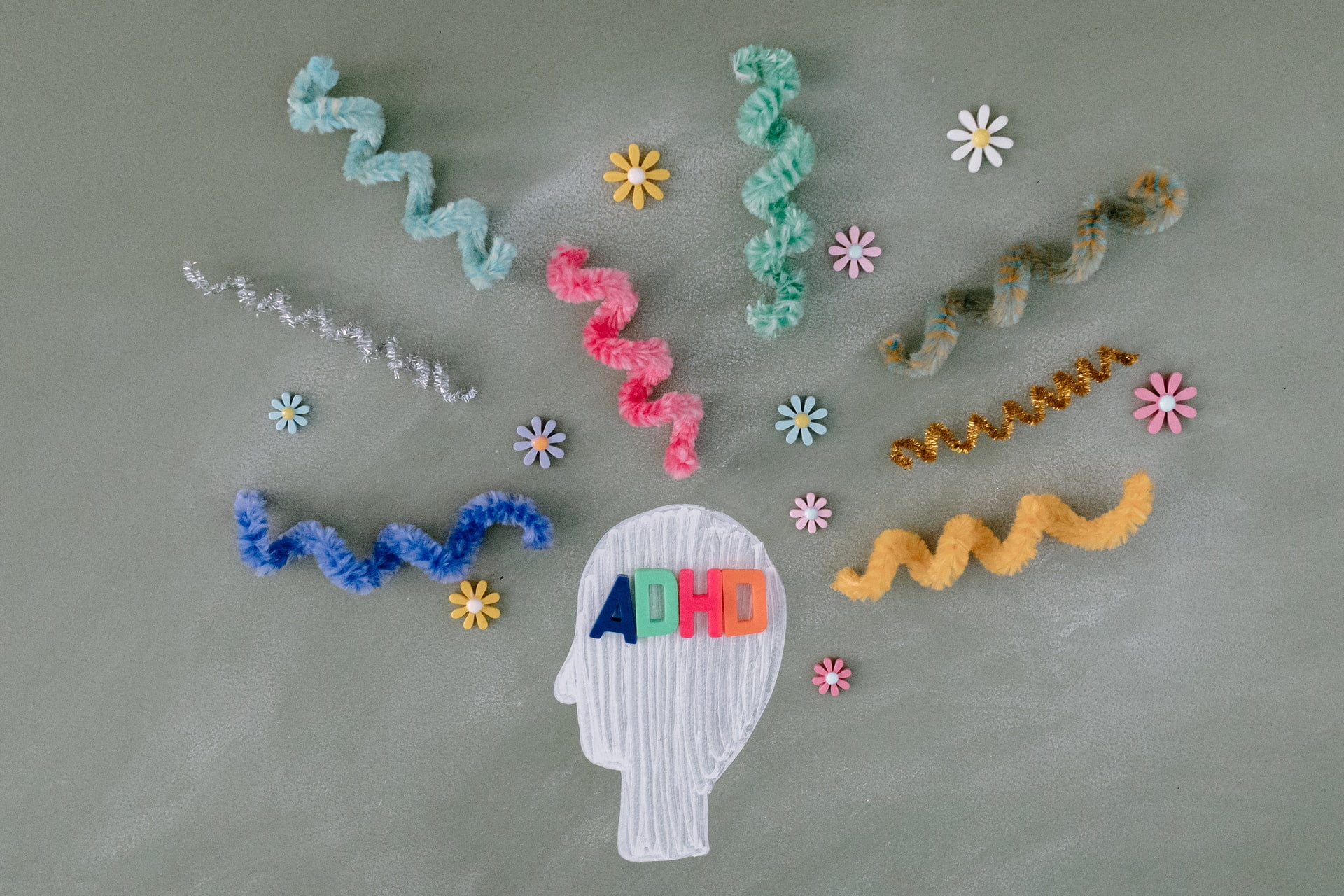What are the symptoms of ADHD in adults?

Typically signs of ADHD in adults may consist of persistent difficulties in following directions, remembering information, concentrating, organising tasks, completing work within specified time limits, and being on time for meetings or appointments.
Consequently, the adult with ADHD may be characterised as “lazy”, “careless”, “messy”, “thick”, or “ignorant”. These difficulties occur across several areas of the person’s life, causing emotional, social, vocational, marital, legal, financial, and/or academic problems.
Without wanting to join a bandwagon, I think it is a good idea to bring up the issue of Attention Deficit Hyperactivity Disorder (ADHD) – and more specifically, the signs of ADHD in adults.
Most people know that a significant subset of children are affected by the learning/behavioral disorder known as ADHD. It is not generally understood how this disorder works, but it is believed to be a problem with attention regulation and maintenance networks in the brain, leading to affected children having difficulties being able to assign sufficient attentional resources to tasks.
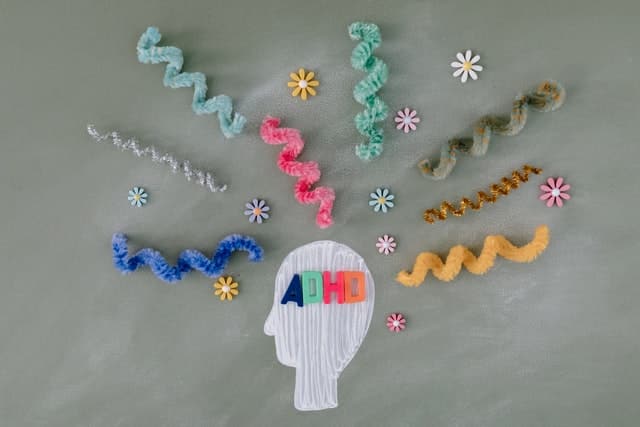
Signs of ADHD in Children
As a consequence, these children show persistent difficulties with sticking to tasks, paying attention, following instructions, splitting attention between tasks, attention to detail, planning and organising, excessive off-task behavior, fidgetiness, and restlessness.
What is less well known is that between one-third and two-thirds of children diagnosed with ADHD, continue to have symptoms into their adulthood.
There is good evidence that the disorder has a significant impact on the working and social lives of the affected person. Whereas teachers and parents are mindful of and attentive to, the symptoms of ADHD, employers and others who interact with the person are much less likely to regard their behaviors as “symptoms”. This is partly due to a change in the symptom picture for the adult sufferer, where there is less obvious hyperactivity as it appears to become internalised as a sense of restlessness, irritation, frustration, boredom, and impatience with complexity.
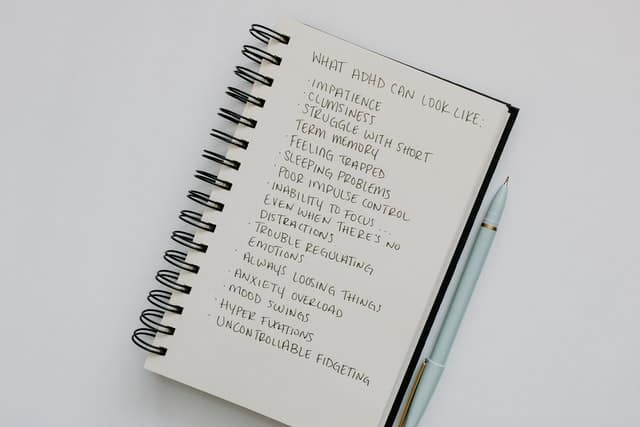
Signs of ADHD in Adults
Typically signs of ADHD in adults may consist of persistent difficulties in following directions, remembering information, concentrating, organising tasks, completing work within specified time limits, and being on time for meetings or appointments.
Consequently, the adult with ADHD may be characterised as “lazy”, “careless”, “messy”, “thick”, or “ignorant”. These difficulties occur across several areas of the person’s life, causing emotional, social, vocational, marital, legal, financial and/or academic problems.
Frequently, adults with ADHD have poor self-esteem, and negative self-image, and statistically have higher levels of mental health concerns such as depression and anxiety.
There are two broad categories of ADHD: Hyperactivity/Impulsivity; and Inattentive. Symptoms vary widely between individuals but they do seem to be largely due to problems with parts of the brain involved in “executive functions”, leading to difficulties with sustaining attention, planning, organisation, prioritisation, time blindness, impulse control, and decision making.
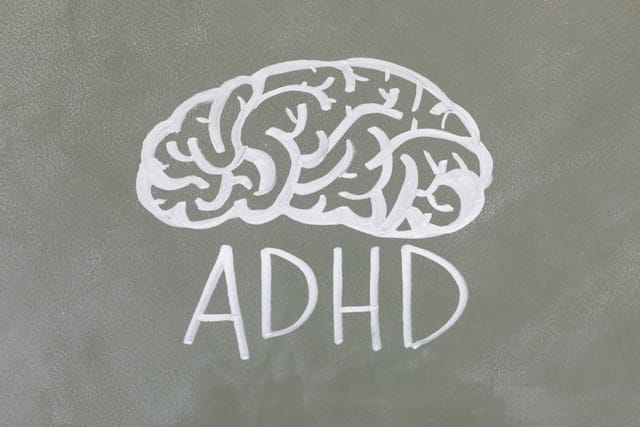
Symptoms of Inattentive ADHD
In adults the types of symptoms associated with the Inattentive type of disorder include:
- Avoiding tasks or jobs that require concentration;
- Procrastination;
- Difficulty initiating tasks;
- Difficulty organising details required for a task;
- Difficulty recalling details required for a task;
- Difficulty multitasking;
- Poor time management, losing track of time;
- Indecision and doubt;
- The hesitation of execution;
- Difficulty persevering or following through on tasks;
- Problems with stopping/transferring concentration from one task to another.
Hyperactive/Impulsivity ADHD
Signs of the Hyperactive/ Impulsivity type of ADHD in adults may include:
- Choosing active and stimulating jobs;
- Avoiding situations with low physical activity or sedentary work;
- Choosing to work long hours or multiple jobs;
- Seeking constant activity;
- Easily bored;
- Impatient;
- Intolerant and frustrated, easily irritated;
- Impulsive, snap decisions and irresponsible behaviors;
- Losing temper easily, angers quickly;
- Overfocus on stimulating or emotionally engaging tasks.
The problems that come from these sorts of difficulties can range from moderate to extreme. Adults with ADHD can suffer from the effects of being unable to effectively structure their lives, plan daily tasks, or think of and act accordingly even when aware of potential consequences. This leads to poor performance in school and work, followed by underachievement.
Young adults may have poor driving records, with higher than average traffic violations. They may also be more likely to use alcohol or illicit drugs – either impulsively or in an attempt to self medicate. These difficulties are largely due to the person’s observed behavior despite knowing they are doing the wrong thing and genuinely trying to stop their behavior. Often, this person will miss things that an unaffected adult would understand and know about.
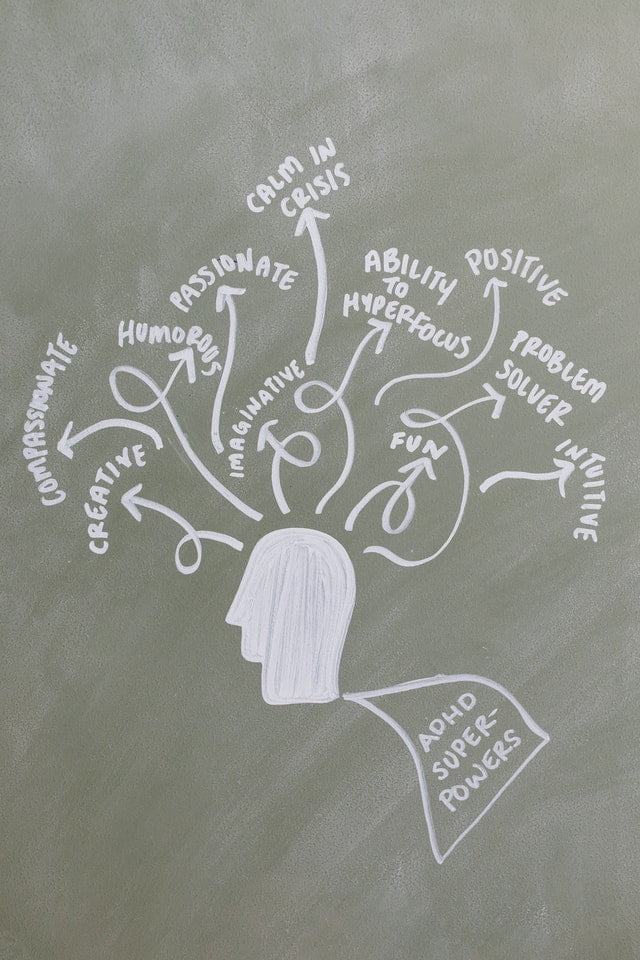
Diagnosing Adult ADHD
Unfortunately, there is no absolutely guaranteed way to diagnose adult ADHD. Cognitive and intelligence testing does not provide a definitive picture, although the results can be indicative or supportive, and the assessment needs to take into account the person’s developmental, educational, employment, and social history.
Nonetheless, there are some experiences or issues that point towards ADHD as being a possible diagnosis:
- If you have a child who receives a diagnosis of ADHD there is a chance that either parent has the disorder;
- If you have major difficulties with completing tasks in your daily life (getting laundry done, paying bills, cleaning chores), especially if you start these things and then switch to another job without finishing, you may have a problem with planning and organising;
- Similarly, if you can identify yourself as a major procrastinator – putting things off to the last minute – becoming stressed and anxious about doing routine tasks;
- If you are the type of person that just can’t sit down, always has to be doing something, and is never able to feel quiet and relaxed, this could be the internalisation of the hyperactive aspects of ADHD;
- This inner restlessness could also be experienced as crowding and chaotic thoughts, irritability, and short temper, leading you to speak or act impulsively, likely resulting in conflicts at home or work;
- Another possible indicator is if you are drawn to thrill-seeking or risky behavior (fast driving, gambling, affairs) because otherwise life is dull or uninteresting, and you are drawn to activities that create excitement and stimulation.
Of course, a list like this is only a guide to some of the common signs of ADHD in adults, and does not provide a definitive diagnosis. However, if you feel there might be a problem and you identify with the majority of these descriptions or feel they may apply to your partner, then it is probably worth seeing a psychologist and getting it checked out.

